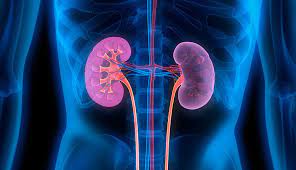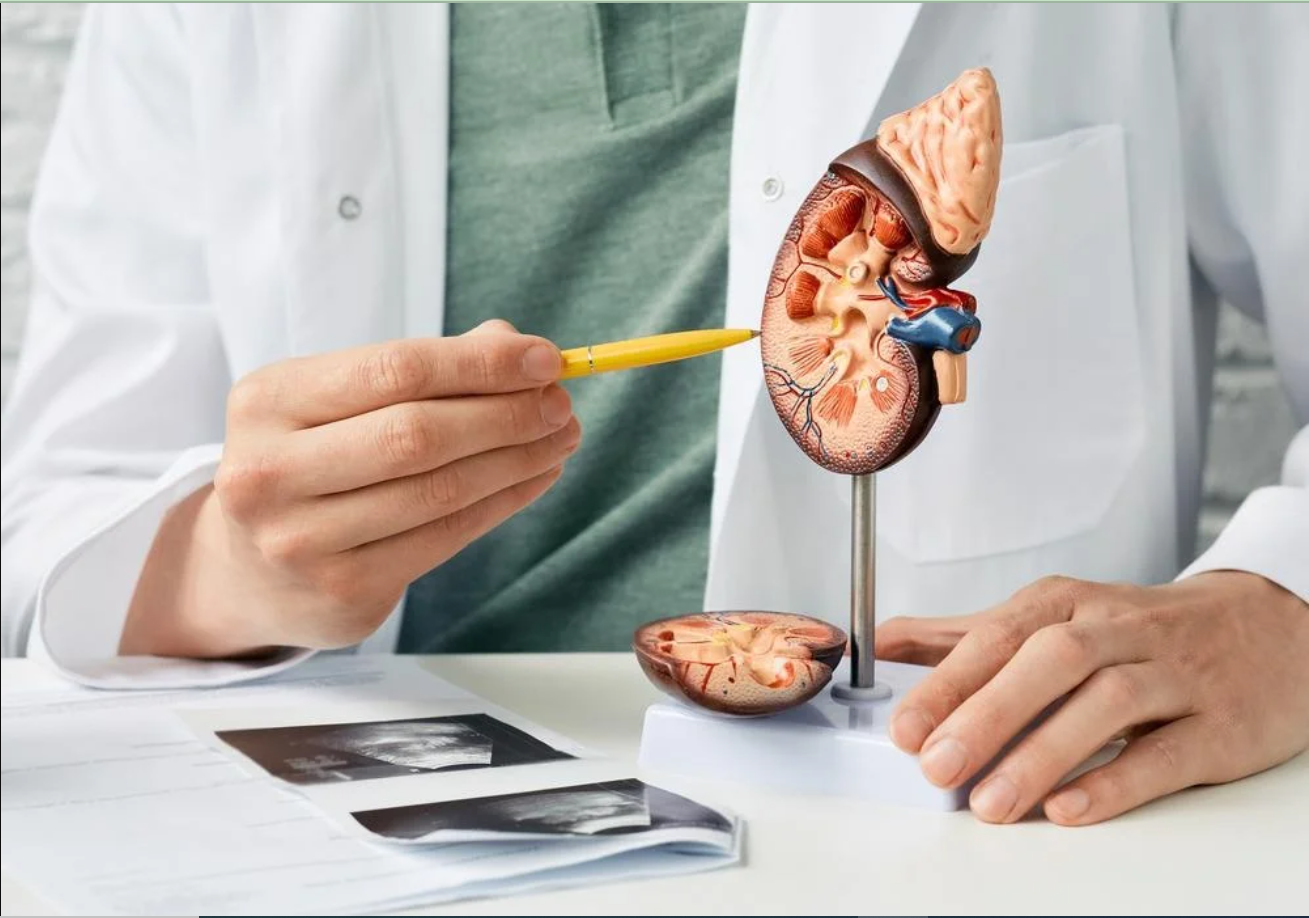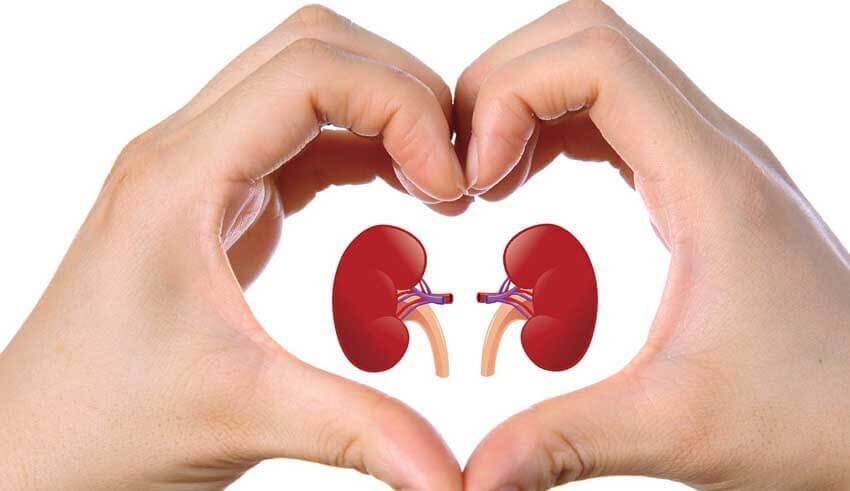Kidney Infection Treatment
Guarding Your Kidneys: Expert Advice to Safeguard Against Infections and Nurture Kidney Health

Kidney infections, or pyelonephritis, pose a significant health risk and necessitate immediate attention to prevent complications. In this heartfelt blog post, we delve into the causes, symptoms, and treatment options for kidney infections, weaving in the latest research findings to empower you with evidence-based knowledge.
Root Causes of Kidney Infections:
Kidney infections typically stem from a bacterial invasion that migrates from the bladder to the kidneys. The urinary tract becomes a gateway for bacteria, entering through the urethra—the tube transporting urine from the bladder out of the body. Notably, women face a higher risk due to their shorter urethra, providing easier access for bacteria.
Symptoms of Kidney Infections:
The signs of a kidney infection can manifest in various ways, including:
- Intense fever
- Shivers and chills
- Nausea and vomiting
- Aching in the lower back, side, or groin
- Pain or a burning sensation during urination
- Presence of blood in the urine
- Cloudy or foul-smelling urine
- Overwhelming fatigue or weakness
Should you experience any of these symptoms, it’s imperative to seek medical attention promptly.
Understanding the causes of kidney infections is pivotal to both prevention and effective treatment. Rigorous research studies support the following causes:
Diverse Infection Sources:
- Urinary Tract Infections (UTIs): A Journal of the American Medical Association study highlights that women, with their shorter urethra, face a higher risk of UTIs, a common precursor to kidney infections.
- Obstructed Urinary Tract: Conditions like kidney stones, an enlarged prostate, or any blockage disrupting urine flow can lead to bacterial buildup, as demonstrated in a study from the Journal of Urology.
- Catheterization: Individuals with urinary catheters are at a heightened risk, with a tenfold increase, according to the Journal of Hospital Infection.
- Weakened Immune System: Those with compromised immune systems, such as individuals with HIV, are more susceptible, as highlighted in the Journal of Infectious Diseases.
- Sexual Activity: Frequent sexual intercourse, especially in women, increases the risk of UTIs, contributing to kidney infections (Journal of Urology).
Armed with this knowledge, individuals can take proactive steps to minimize their risk. Simple measures like maintaining hygiene, staying well-hydrated, and practicing safe sex can significantly contribute to preventing kidney infections.
Navigating Treatment Options:
When it comes to treating kidney infections, antibiotics take center stage. Severe cases may require hospitalization for intravenous antibiotics. Pain relievers can be prescribed for symptom relief. In instances where complications arise, surgical intervention might be necessary to address affected tissues. Adhering to the full course of antibiotics is crucial to prevent recurrence.
A Compassionate Approach to Prevention:
Kidney infections, though daunting, are not invincible. Here are heartfelt recommendations to shield yourself from this health threat:
- Champion Hygiene: Embrace the power of cleanliness. Regular handwashing, especially before and after using the restroom, is a simple yet potent defense.
- Hydration as a Shield: Make water your ally. Adequate hydration flushes bacteria from the urinary tract. Aim for at least 8-10 glasses daily and steer clear of bladder-irritating drinks like alcohol and caffeine.
- Timely Bathroom Visits: Don’t postpone restroom breaks. Regular emptying of the bladder prevents bacterial buildup.
- Mindful Wiping: Adopt a front-to-back wiping technique after using the restroom to prevent the transfer of bacteria.
- Breathable Attire: Choose loose-fitting clothing, particularly in warm weather, to keep the genital area dry and discourage bacterial growth.
- Gentle Feminine Care: Steer clear of harsh feminine products. Opt for gentle, fragrance-free alternatives to nurture your intimate well-being.
- Safe Intimacy Practices: If sexually active, employ barrier methods like condoms to reduce infection risks.
- Nourish Your Immune System: A flourishing immune system is a robust shield. Prioritize a healthy diet, sufficient rest, and stress management.
A Glimpse into Cutting-Edge Research:
The pursuit of effective kidney infection treatments is ongoing. Recent studies offer promising insights:
- Oral Antibiotics Triumph: A New England Journal of Medicine study asserts that oral antibiotics are as effective as intravenous ones, showcasing shorter hospital stays and reduced healthcare costs.
- Cranberry Capsules’ Shield: Research in the Journal of the American Medical Association reveals that cranberry capsules may diminish the risk of recurrent urinary tract infections, offering hope for women susceptible to kidney infections.
- Herbal Aids: The Cochrane Database of Systematic Reviews hints at herbal remedies like bearberry and goldenseal holding potential in treating urinary tract infections, including kidney infections. However, more research is needed to confirm their safety and efficacy.
Conclusion
Kidney infections demand swift attention, and if you recognize any symptoms, consulting a healthcare professional is paramount. While antibiotics remain a stalwart treatment, ongoing research unveils promising alternatives. By embracing preventive measures rooted in hygiene, hydration, and overall well-being, you empower yourself in the quest for kidney health. May this guide serve as a compassionate companion on your journey toward a kidney-healthy life.


